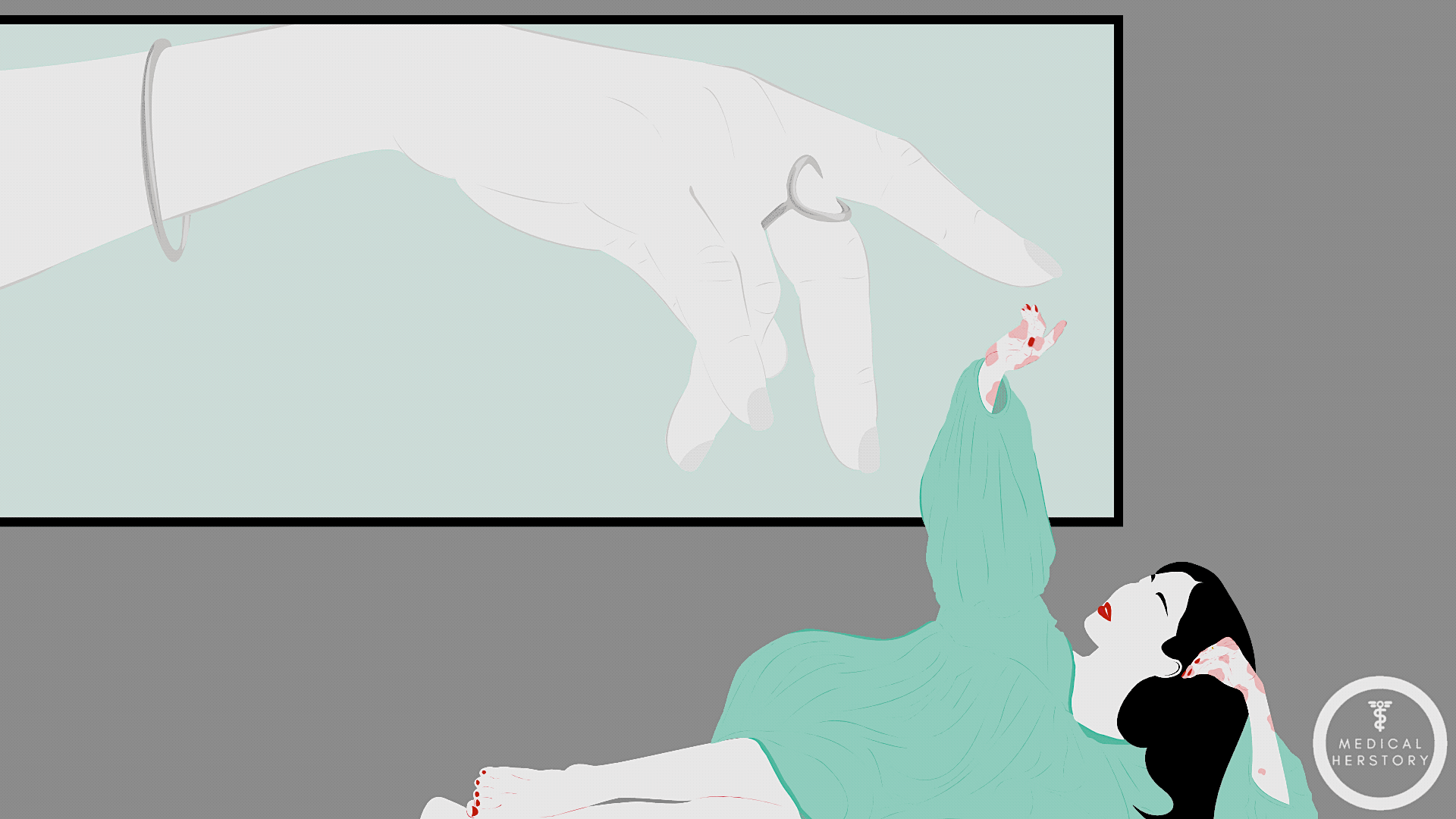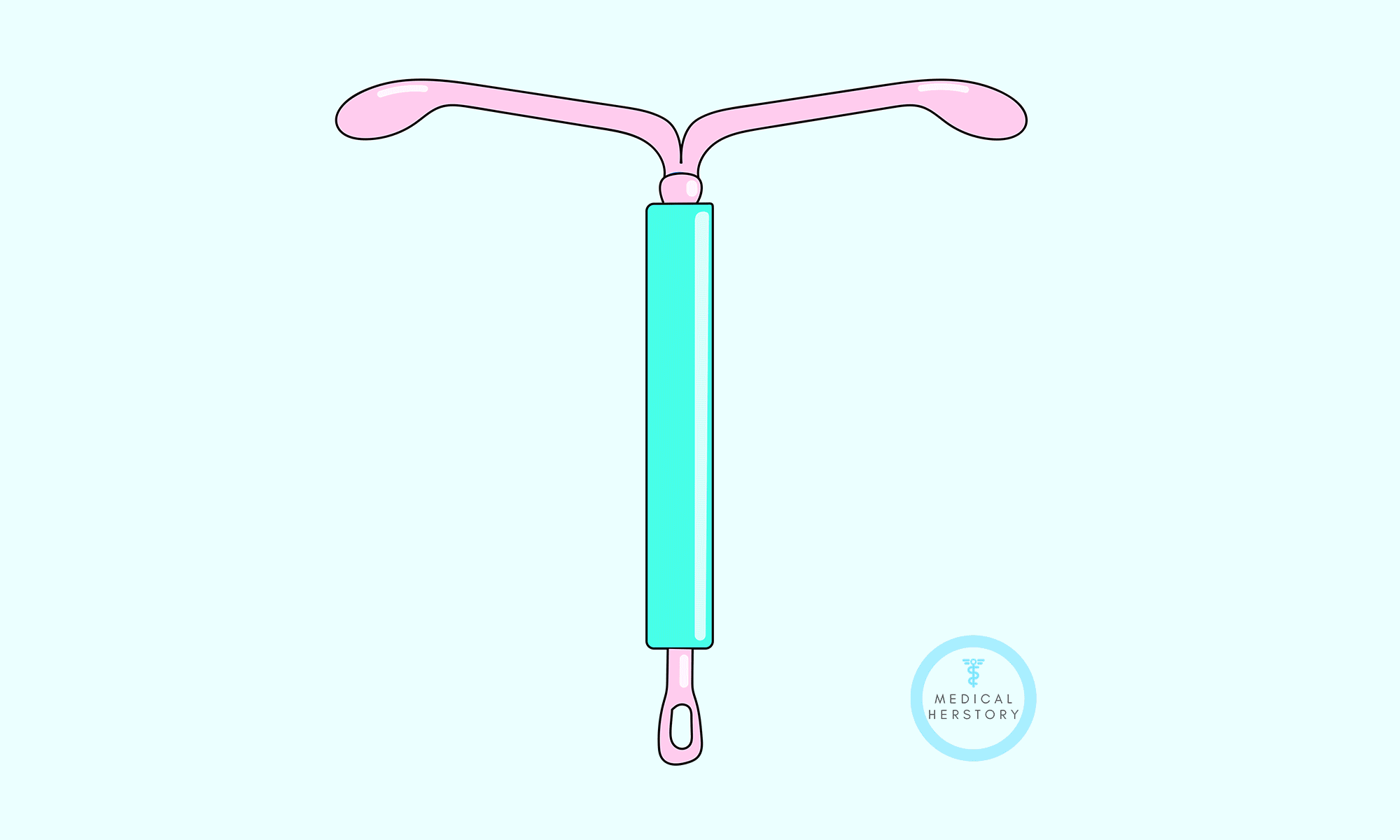CW/TW: Rape, sexual violence
“All evidence of the rape has been destroyed,” reads the letter dated three months ago. I feel the world around me shatter. I once again lose all control over my life, as the memories come flooding back.
His weight felt heavy as he forced himself onto me, I was breathless and screaming. At the time, I saw him clearly but I don’t remember how he looks anymore. What I do remember is helplessly watching as a bystander, seeing ‘someone else’ go through my assault. He then insisted on using my phone to call me an Uber, consistently making my decisions for me— controlling me. I now know that what I felt was a dissociative experience. My journey of understanding and dealing with my assault has led to many such medical diagnoses: both physical and mental. This was only one of them.
As an Indian, rape is an extremely stigmatised topic. I immediately began to blame myself, an irrational and illogical thought. My supportive friends and family reached out and got me the medical and holistic support that I refused to admit I desperately needed. They encouraged me to take care of my health and well-being by helping me with my anxiety and panic attacks. The biggest support of all was that they believed me, no questions asked.
This was my chance to change the narrative and take back control. I made a list of what I needed to do: buy a Plan B, get medically tested, possibly report the event, go to therapy.
I went to buy Plan B with my cousin later in the night because I was scared of the judgment of on-lookers and the pharmacists themselves. When I asked for the morning-after pill, I was met with a judgemental glance. The pharmacist questioned me about the situation, I told him I wasn’t sure what happened. He kept asking if I was drunk. He didn’t know what happened, but why should that matter? The comment made it scarier for me to reach out for medical support – it made me blame myself for something that wasn’t my fault.
I hesitantly searched “sexual violence response” on Google and clicked on the first entry that came up. It was three days after my assault—that was how long it took for me to process what had happened. I was alone when I made the call, and clearly nervous. A stern woman answered and told me that there was nothing that they could do within the first six weeks of the assault. I knew that to be incorrect, but the woman was adamant and rude. Through the recommendation of a friend who was previously sexually assaulted, I forced myself to change the narrative by taking care of my health and calling a provincial clinic.
At the clinic, my social worker sat with me for hours, collecting evidence for the rape kit. The entire procedure took nearly four hours to complete. It entailed signing numerous forms, a PAP smear, a blood test for STIs, and a pregnancy test. A doctor also did a full body exam – taking notes of all the physical evidence.
I felt comfortable and safe for most of my time there. My social worker was kind and soft, and made me feel safe. I knew that I did not want to report. While still respecting my decision, she spoke to me about taking control back. I met the doctor soon after—but this was not as pleasant an experience. As I described the sequence of events of that night, I consequently was lectured about my “lifestyle” and how the choices I made were wrong. I didn’t make any choices. What happened was not my choice. She didn’t seem to believe me.
I then stripped naked, revealing the cuts and bruises on various parts of my body. Immediately, the doctor was shocked and she began to instruct me to report. Even in this, I felt like my decision was being made for me. I faced this later as well, when people decided it was their duty to protect me by instructing me to report. These sorts of unwarranted comments never helped, causing flashbacks that led to severe panic attacks.
Soon after my assault, I was forced to relocate back to India due to COVID-19. Given what had happened to me, I didn’t want to spend months alone in Montréal. In an unexpected turn of events, coming home is what led me to finding the right therapist and psychiatrist for myself.
I barely received any communication from the clinic. However, six months after the rape, I was informed by my roommate of a letter. I read the letter which was delivered to Montréal three months earlier; “all evidence of the rape has been destroyed”. The rape kit was gone, I didn’t know until it was too late. Once again, I had lost all control.
This article is my way of taking back that control. This is me writing my own story by giving myself a voice and the power to change the narrative.
Story by Sreena, Montreal, Quebec



My dear girl Serena,
We often find it difficult to keep the remote control of our life In our hands .. people, situations, work .. all take control of us .. and we often find ourselves losing control.
As I read through your story, I can sense the pain, the helplessness, the anger and the awkwardness of losing control!
But, the fact that you have shared the nightmare is in itself a clear indication that you are now in control. You are stronger today with the courage to face your battles, head on.
Your story inspires strength.
Warm wishes and blessings, always.
Radhika